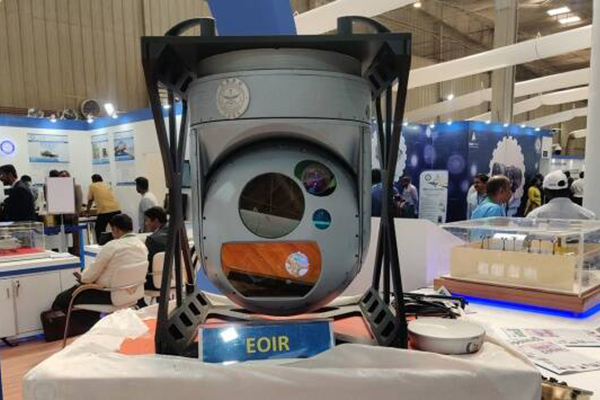The DRDO is developing an intelligent electro-optical imaging system that can be mounted on aerial platforms for long range surveillance and reconnaissance.
The system will be retrofitted on aircraft, helicopters and unmanned aerial vehicles to facilitate auto-acquisition and auto-tracking of multiple targets by day and night in varied climatic and environmental conditions.
It will include several payloads and sensors such as a thermal imager, high-definition TV camera, infra-red cameras, laser range finder and laser target designator along with video target tracking, geo-positioning and geo-navigation capabilities.
The ruggedised, gimbal-shaped system is expected to weigh approximately 50kg along with its payloads and measure around 16 inches in diameter and 20 inches in height.
It can be mounted on the nose or underbelly, depending upon the type of platform being a helicopter or fixed-wing aircraft. Inputs from the sensor will be integrated into the IAF’s surveillance and communication networks and relayed to command centres in real-time for decision-making.
DRDO’s Instruments Research and Development Establishment (IRDE) at Dehradun is the nodal agency for the project, which will be undertaken in collaboration with the private industry as a fillip to self-reliance. The work is expected to commence this year.
Mandated with research in advanced electro-optics, lasers systems, photonics, imagers and gun-sights, IRDE has also recently taken up projects to develop different electro-optical systems for detecting drones and for coastal and harbour surveillance.
Electro-optical imaging sensors are employed on land-based, air-based and sea-based platforms to detect, identify and track human and machine movements and designate potential targets.


















